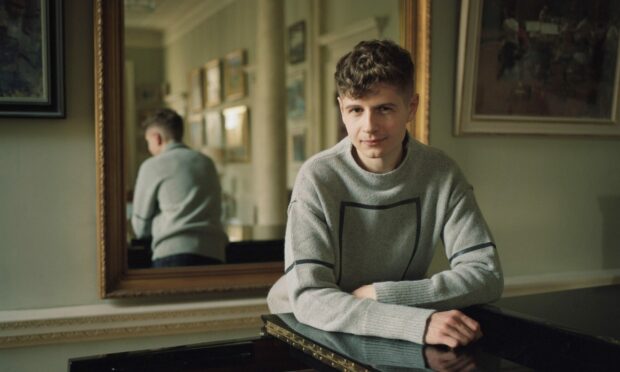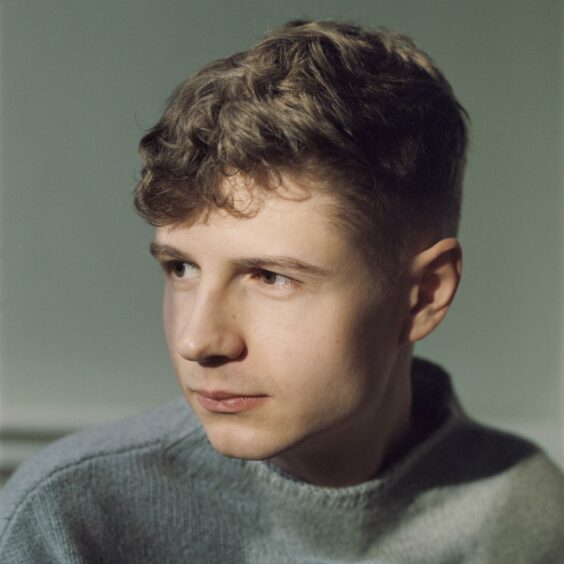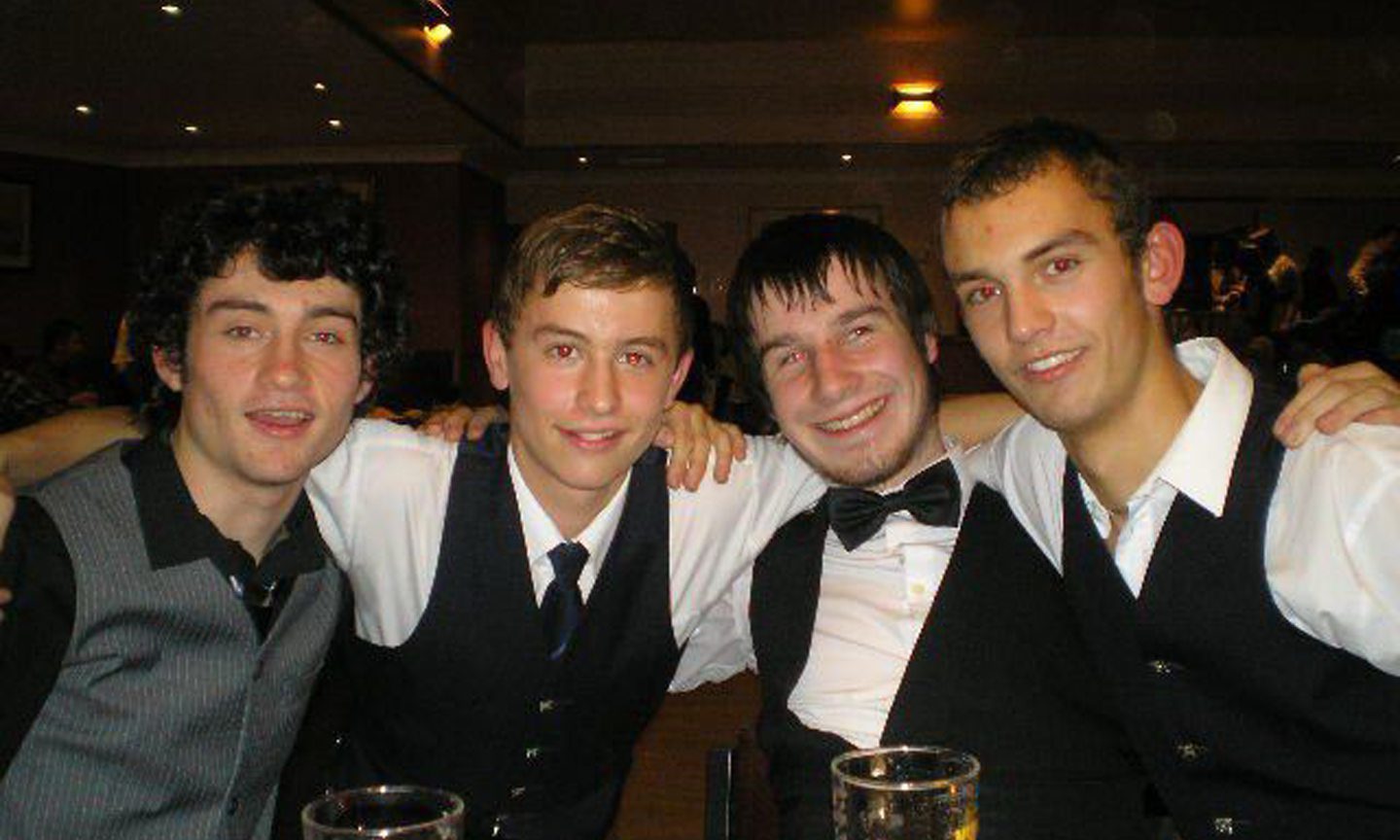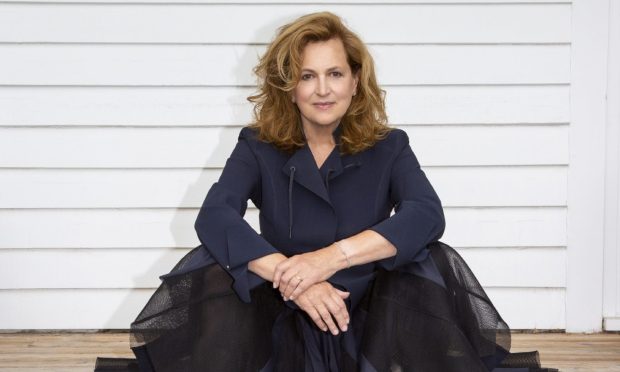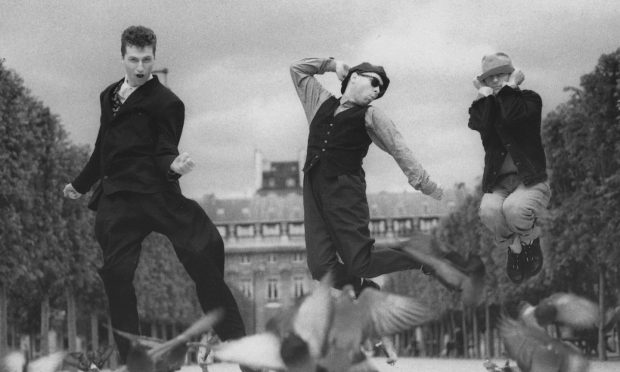GOLDBERG VARIATIONS
Some are born unto greatness and some have greatness thrust upon them. In the latter category is Johann Gottlieb Goldberg, a pupil of JS Bach who gave the first public performance a set of his tutor’s variations.
Published in 1741, these were to become known as the Goldberg Variations and remain one of the challenges to modern-day pianists.
I shouldn’t use the word “basically” as there is nothing basic about them, but in essence they are 30 movements based on a 32-bar motif/melody. Bach wrote them for the former ambassador to the Saxon court, Count Kaiserling, and was rewarded with 100 gold pieces.
However, their value to classical music is priceless and they remain a supreme test of agility, virtuosity and skill for pianists. Their working title – Keyboard exercise, consisting of an ARIA with diverse variations for harpsichord with two manuals.
Composed for connoisseurs, for the refreshment of their spirits, by Johann Sebastian Bach, composer for the royal court of Poland and the Electoral court of Saxony, Kapellmeister and Director of Choral Music in Leipzig. Nuremberg, Balthasar Schmid, publisher – is a bit of a mouthful but the work is equally complex from a performer’s point of view.
The work calls for frequent crossing over of hands, a task made considerably easier on a two-manual harpsichord for which the work was written.
But on a piano, the ability to choreograph these exacting demands needs agility and infallible coordination. It also needs a mixture of subtlety and aggression and to accomplish them with any degree of success, you also must be of the calibre of Siberian-born pianist Pavel Kolesnikov.
Many pianists enjoy moments of individual stardom, whether it be a cadenza or a solo passage. Generally, these moments don’t last long, but on Sunday in the Perth Concert Hall, Kolesnikov enjoyed almost 80 minutes of total supremacy of the keyboard.
It was a telling combination of a composer at the height of his constructive powers and a pianist at the pinnacle of his profession. I eagerly anticipated this concert, but I was rocked back on my heels by what I encountered. You need a whole new thesaurus of superlatives, as words like “stupendous” and “incredible” fall far short.
Kolesnikov has been called a poet of the piano and certainly some of the playing was sheer poetry, in the soft serene passages Bach interspersed with the more dramatic. I’d also call him a magician, a musical merlin whose performance rivalled and maybe eclipsed anything I’ve seen in Perth over the years. The great exponents of the works of JS Bach, like Glenn Gould and Angela Hewitt, can relax. Their rich legacy is continued by this mercurial Russian.
He is the master of nuance and the epitomy of flamboyant keyboard dexterity. The latter was marvellously illustrated in the soft passages that were almost whispered, with treble pianissimos of the utmost delicacy. The challenging cross-overs, all of which took place in the past semiquaver passages, were a mind-boggling display of skill, panache and breath-taking virtuosity.
Perth Concert Hall’s Piano Sundays are renowned for their world-class performances. After this display, the bench-mark of excellence has been raised considerably.
